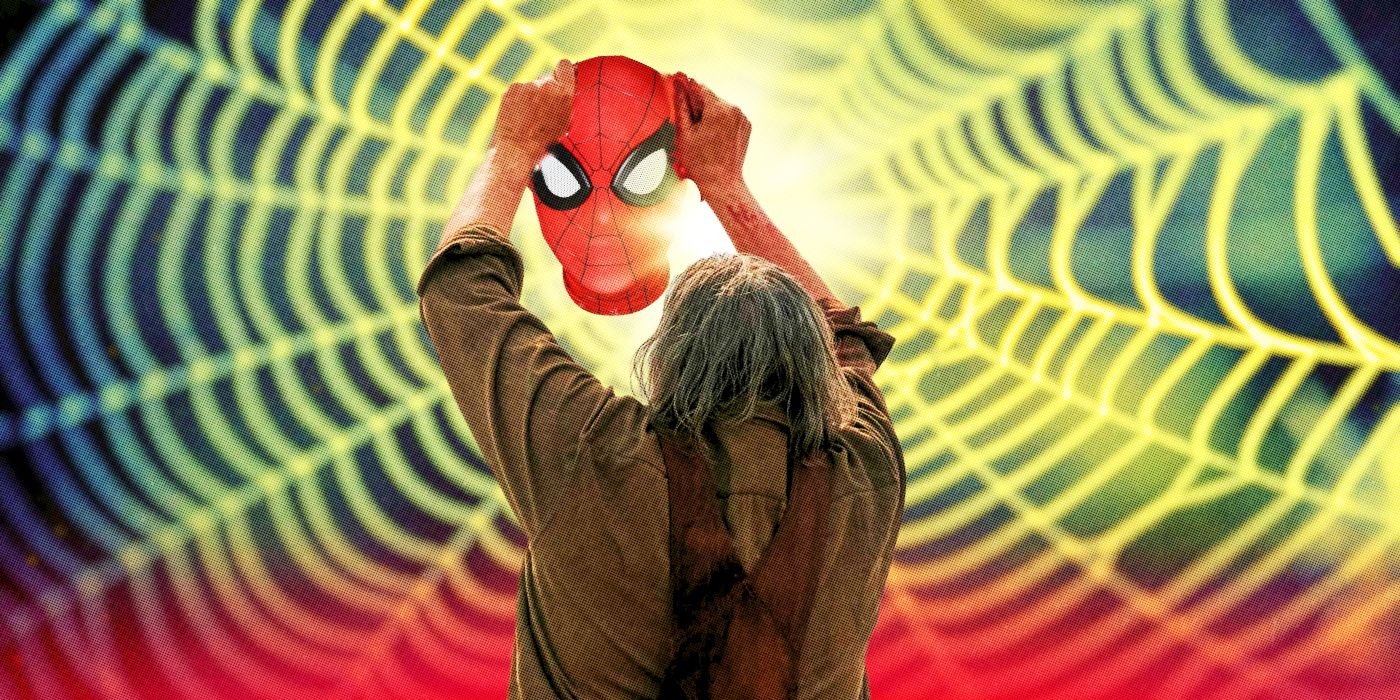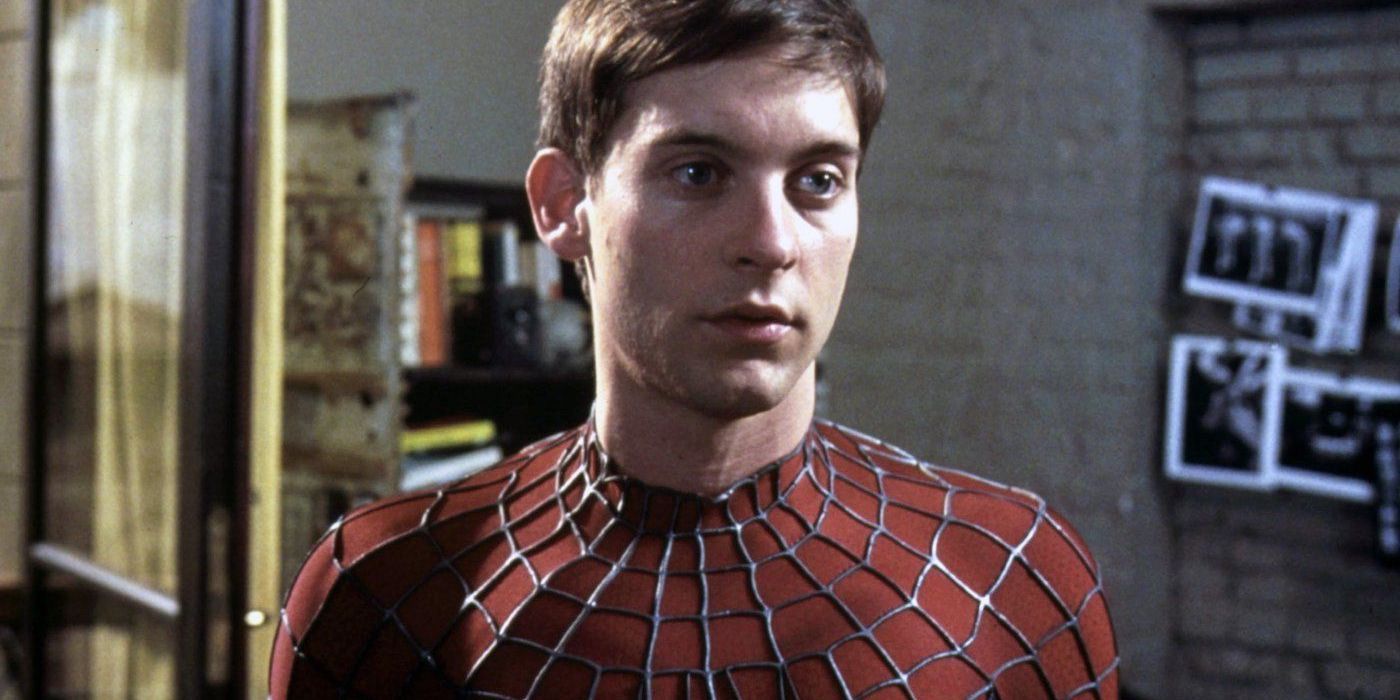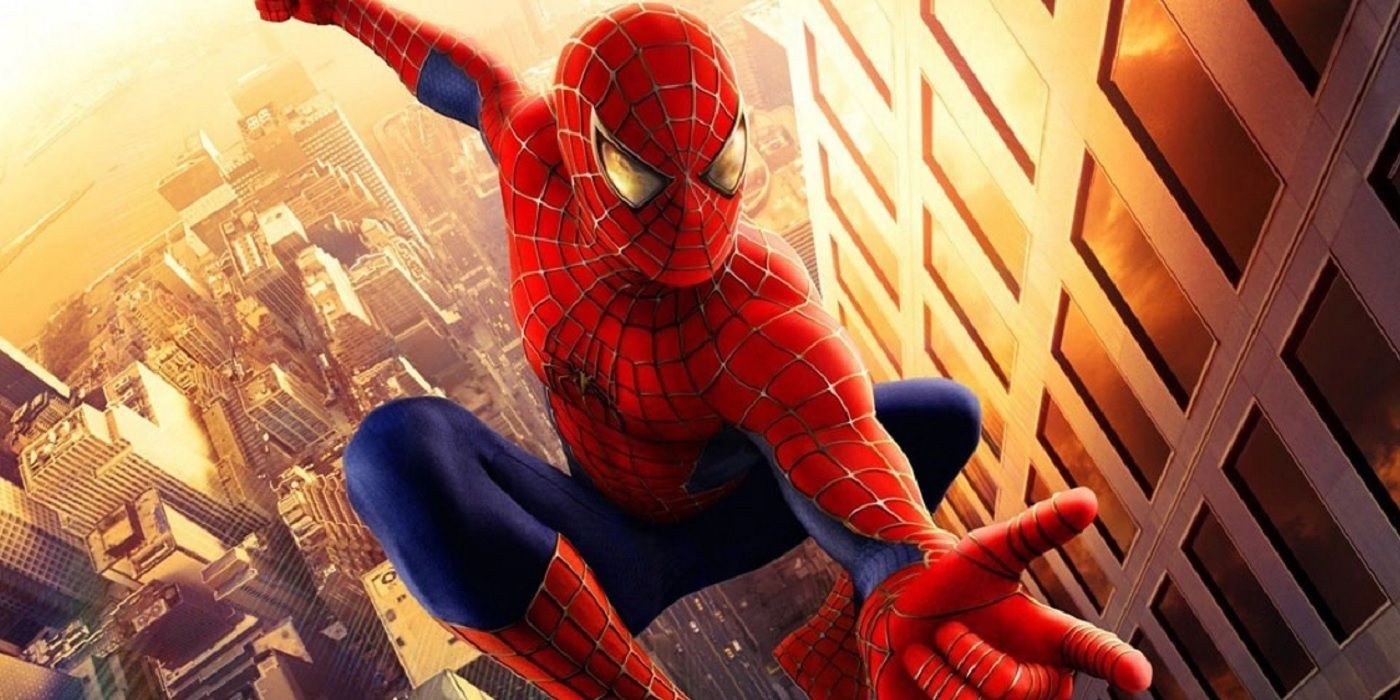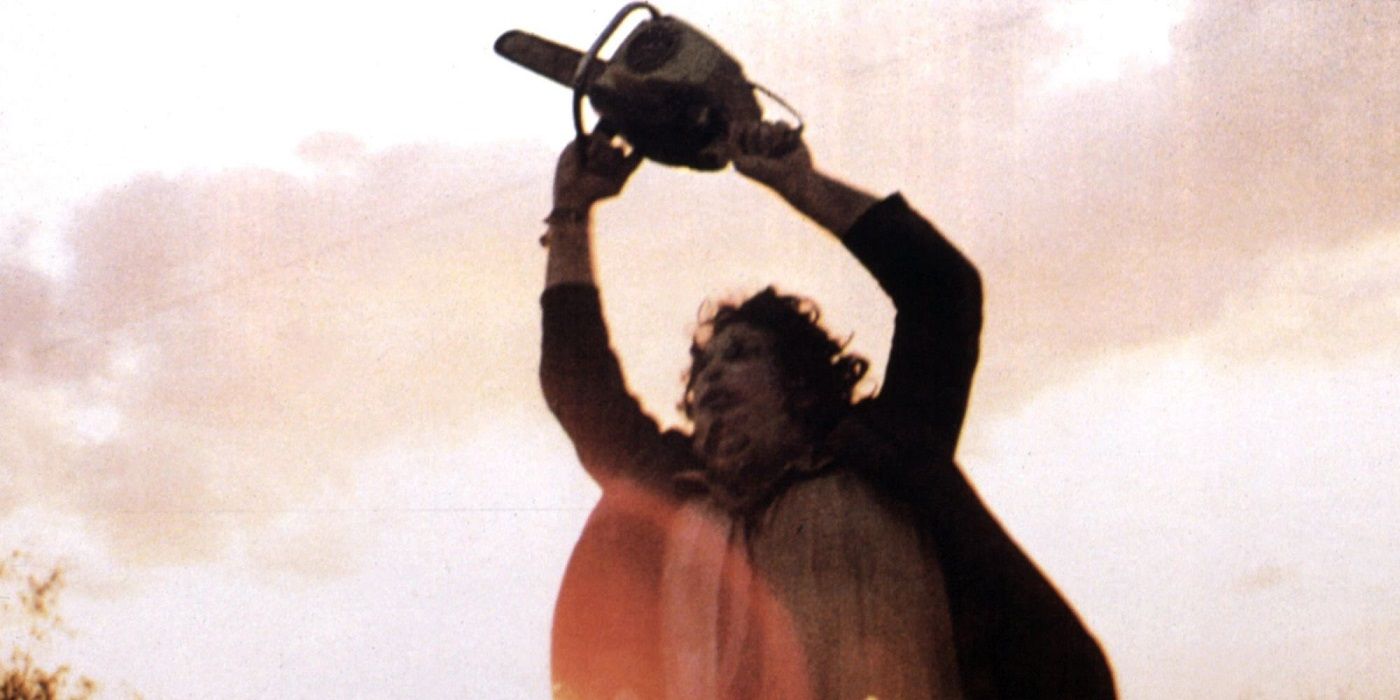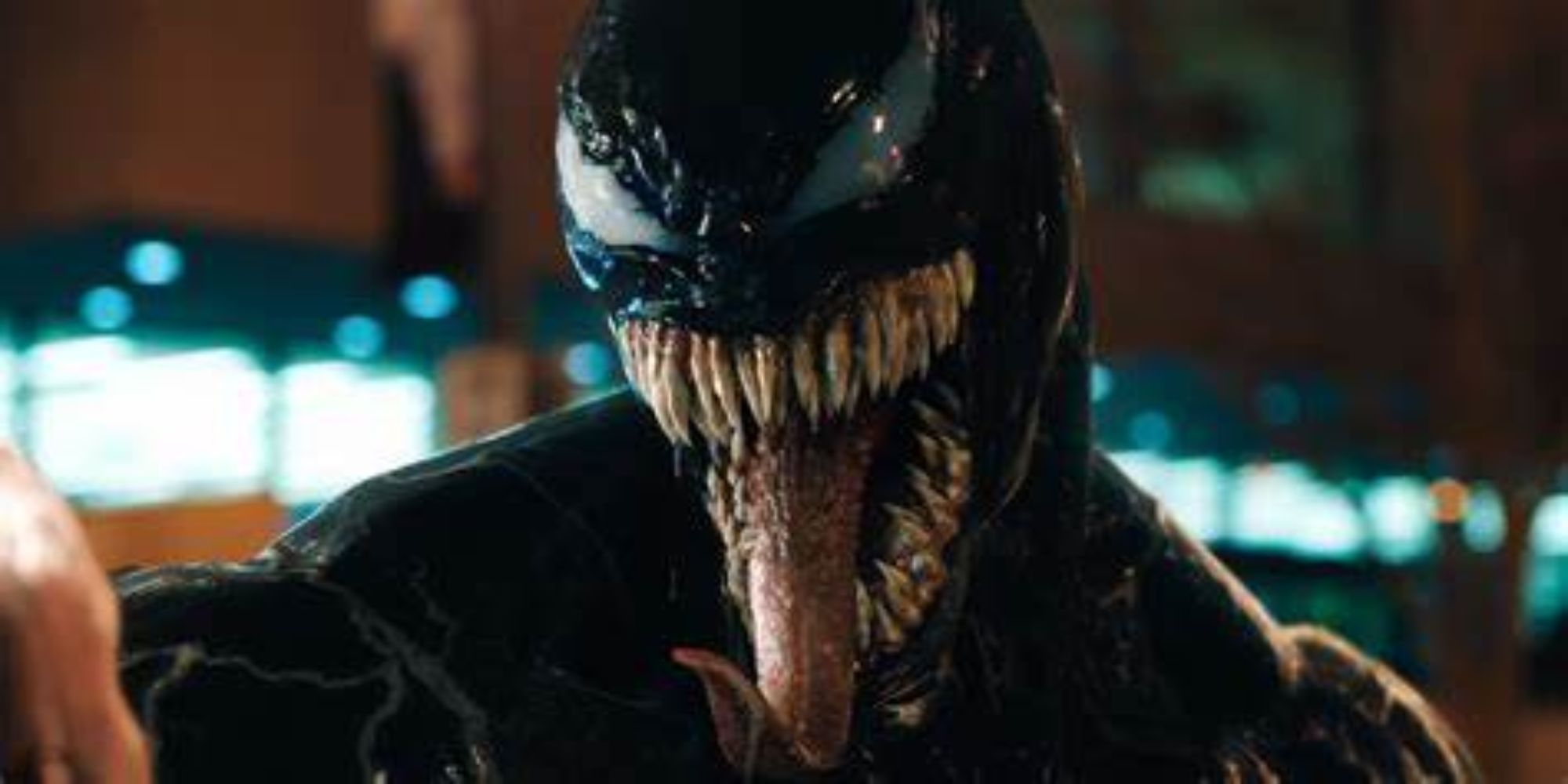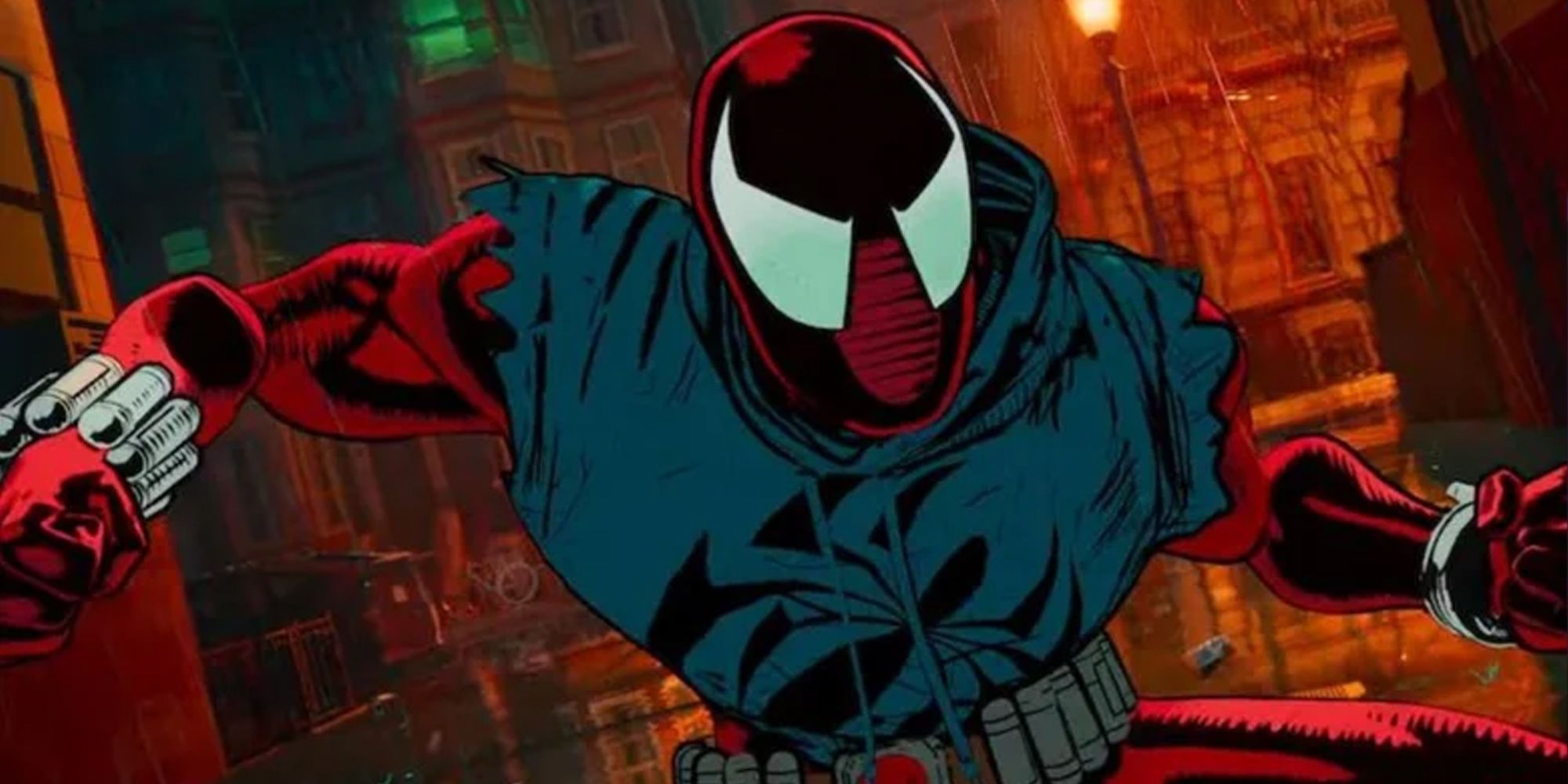The Big Picture
- Tobe Hooper, director of The Texas Chain Saw Massacre, almost directed his own Spider-Man film, envisioning a twisted version of the character unlike anything we've seen before.
- Cannon Films misunderstood the concept of Spider-Man and thought of him as a grotesque human-spider hybrid, leading to Hooper's departure from the project.
- A horror-oriented Spider-Man movie would be a perfect fit, tapping into the character's demographic and exploring the darker and scarier aspects of his world.
Long before the MCU got its stranglehold on the box office, Tobe Hooper, director of the classic The Texas Chain Saw Massacre, very nearly directed his own Spider-Man film. Yes! Really! The same filmmaker who envisioned Leatherface and his family of cannibals savagely murdering a group of teenagers like they were farm animals almost had his hand at one of Marvel's most iconic superheroes.
Of course, Hooper's Spider-Man would have been an entirely different animal from the one we know today (i.e. the one from the comics, TV shows, movies, video games, multi-million dollar franchise, etc.). By now we've seen about a billion variations of Spidey, from animated series to multi-dimensional crossovers, to the delightfully bizarre tokusatsu Supaidāman. Plus, the enormously successful Across the Spider-Verse showed us, among many other things, countless variations of the beloved web-slinger. Still, Tobe Hooper's Spidey would've unquestionably taken the cake as the craziest, most bizarre depiction of the character, and by a pretty large margin.
Why Wasn't Tobe Hooper's 'Spider-Man' Ever Made?
Given the cultural pervasiveness of Marvel properties nowadays, it feels weird to think of a time when few people outside comic fans really cared about Spider-Man and company. For a while, big-screen adaptations of the web-slinger were plagued with error and moviegoers had no chance to see the character on the silver screen. A '70s television show sparked a made-for-tv film edited from its episodes, as did the Japanese tokusatsu series, but for about two decades film studios and directors alike attempted to bring Peter Parker to cinemas to no avail.
In 1985 or so, Cannon Films acquired the rights from Marvel and hired Tobe Hooper to helm the project. If an established horror director seems like an awkward fit (Raimi, anyone?), in most ways it was. Well, Cannon executives Menahem Golan and Yoram Globus apparently had a grave misunderstanding of what Spider-Man was actually about, thinking of it as a gruesome horror story in which a man (Peter Parker) gets unwillingly turned into a horrendous human-spider creature.
Hooper's involvement makes a lot more sense now, and the director's knack for creating truly horrific images would have lent a remarkable approach to the character. The problem is, Stan Lee suggested a script be rewritten based on his outline, which was expectedly more faithful to his comics and focused more on Spider-Man's actual origin. Tobe Hooper shortly departed the project, and the film took an entirely different direction before getting stuck in development hell once again.
All these years later, we've got dozens of different portrayals of Spidey. Hooper's vision, unfortunately, isn't one of them, and it never will be.
Tobe Hooper's 'Spider-Man' Film Would Have Drastically Altered the Character
No potential Spider-Man project would have taken such an unapologetically unfaithful approach to the comic book hero as Tobe Hooper's would have. Even James Cameron's Tom Cruise-starring adaptation that was envisioned and scrapped in the early 90s, with all its cursing and gratuitous sex scenes, would have been a more traditionally faithful, albeit a more adult-oriented, version of the stories.
Goran and Globus, apparently having never read a Spider-Man comic (or seen the cover of one) in their goddamn lives, misinterpreted the character's name as being something much more literal: a terrible human/spider hybrid with eight mutant arms and an undying disgust at his own wretched existence. Yep. In Hooper's flick, Peter Parker would have been much more literally a spider man.
The script, penned at Cannon's request by Outer Limits creator Leslie Stevens, followed photographer Peter Parker, who is transformed by the diabolical Doctor Zork into the titular arachnid (or, at least, a completely fucked-up version of him). See, mad old Doctor Zork would have formed an army of mutants, which Peter would have been meant to lead in their quest for world domination. Peter, being of sound body, mind, and conscience, would reject Zork's tyrannical daydreams and instead take on the mutants in order to overthrow Zork and save the world.
Additional mutant arms aside, the basic plot on paper doesn't sound too far from what might kind of resemble the pieces of a Spider-Man story. Fighting supervillains, mutants, and monster-human hybrids is essentially his modus operandi — it's one of those if you squint your eyes hard enough you can vaguely see it kind of things. Those involved mistook Peter's superhero origins as something completely monstrous It's the details that steer the project into uncharted territory, and it's the tone and style that bring it into utter lunacy.
Tobe Hooper Almost Turned Spider-Man Into a Body-Horror Picture
Given the 100% batshit concept of turning Spider-Man into a goddamned 8-limbed abomination, it's not entirely surprising that Tobe Hooper's superhero movie would've had a comparably nutzo tonal vision to match. It all would've been a grotesque body horror in the vein of David Cronenberg.
The plot, which riffs on a similar formula established in the H.G. Wells novel The Island of Doctor Moreau, was meant to lean heavily into the gruesome nature of Peter's unwilling transformation into Spider-Man. Forget all the hyper-stylish web-slinging and high-school antics: this Spider-Man would be an absolute wretch, a Frankenstein's monster outright horrified at his own miserable existence. Think Cronenberg's The Fly, only with Marvel IP. On one hand, it's fascinating to think about a group of producers having fundamentally no concept whatsoever of who Spider-Man actually is. On another, it's arguably even more fascinating to ponder the potential of taking a comic-book movie in such a dark direction.
Hooper's body-horror Spider-Man would have likely been a disaster in the traditional sense (at least commercially). But there's something about it that would have assuredly been awesome, too. Watching Peter's grotesque transformation into a bizarre mutant creature–rendered with disgusting '80s practical effects, I imagine–would be a sight to behold.
'Spider-Man' Is the Most Body-Horror-Adjacent Comic Book Series
In a way, no comic book series is more appropriate for a body-horror film than Spider-Man, with particular consideration given to the many appearances of Venom. Transformation via symbiote takeover is as body-horror as it gets, even if no Spider-Man (or Venom) film has yet had the boldness to depict it as twisted and disturbing as it probably should be.
A few decades later, it's hard not to imagine what this preposterous Spider-Man film would've looked like. For almost twenty years after Hooper's film fell through, various filmmakers attached themselves to potential variations of the project–most notably the previously mentioned James Cameron version. The catastrophic failure of Superman IV: The Quest For Peace made superhero flicks seem particularly unprofitable, forcing budgets to be cut on movies like Cameron's Spider-Man. In this case, the trimmed budget led to the film being once again abandoned.
When Sam Raimi helped revitalize the superhero genre with his Spider-Man trilogy, everything was soon to follow suit. His films proved that Spider-Man belonged in cinemas everywhere and that the little web-slinger could actually make a hefty profit. As iconic as Raimi's Spider-Man is, there's still a lingering impression that comic book films play it too safe. While Christopher Nolan, James Gunn, Taika Waiti, and a handful of others ensure that their fingerprint is left behind on every superhero flick they churn out, none still feel as outrageously bold as the potential body-horror Spider-Man from Tobe Hooper. A handful of superhero films made waves by breaking the rules of the genre, but this abandoned project could have very well, for better or worse, broken them all.
Hooper's Spider-Man would be one of the rare comic book films willing to stray deeply into another genre. It might have been preposterously unlike anything that's ever been made before or since, but maybe that wouldn't exactly be a bad thing. We're getting multiple MCU flicks every year, and comic book fans have plenty to chew on with Phase 4 of Marvel movies going full steam ahead.
Disney and Marvel would undoubtedly be taking a risk by letting high-profile directors give their unique vision to these well-protected IPs. But they would also be doing something fantastic, letting artists turn tried and true stories into something entirely novel. In the case of Tobe Hooper's Spider-Man, it simply wasn't meant to be. In a different universe, maybe, but here we've only got our speculation. Yeah, it could have been a beautiful disaster of the finest kind: one too gruesome to look away from, too unique to ever forget.
Why a Horror-Oriented Spider-Man Could Work
Of the many things that Across the Spider-Verse showed us, one of the most valuable is the unrivaled enthusiasm audiences have for well-crafted and unapologetically weird Spider-Man flicks. Returning to the franchise at this point seems like a fool's errand, but heading in a completely different direction, like horror, seems to be the most rational plan forward.
Peter Parker and his alter ego are the best fit for horror in the Marvel canon for a number of reasons, the most crucial being his demographic. Teens and horror movies go together like high schools and scream queens. Placing the youthful Peter Parker in a slasher-type movie would be a daring, though fruitful task. Horror movies have long since shown that high school can be a living hell, and for Peter, who can never seem to balance his personal and "professional life," this couldn't ring more true. Scream, Prom Night, Carrie, and Talk to Me lean into the teens-in-danger trope found throughout horror movies not only to terrify (and delight) their audiences but to provide thematic commentary on various aspects relating to their age group. Why not throw Peter and his friends into a flick like this, and see how he slings his way out?
There have also been times when the comics have dabbled in moments of sheer terror. The 2023 series Spine-Tingling Spider-Man introduces the insidious Sleep-Stealer, who haunts Peter's dreams and turns them into terrifying nightmares. Kraven's Last Hunt from 1987 goes dark as hell, not only featuring a scene where Spidey has to climb out from a grave he'd been buried alive in but also a shocking moment where Kraven commits suicide via rifle. These issues, along with consistently haunting villains like Carnage, Morlun, and Demogoblin, show that the source material is already there.
In terms of movies, there's no reason this couldn't translate. We've already seen the franchise hint at the possibilities. Willem Dafoe's return to the franchise in No Way Home makes for one of the most terrifying characters in any superhero movie, with the actor lending a type of psychotic bloodlust that lights up his eyes like demonic jack o' lanterns. Characters in Raimi's trilogy (Green Goblin, Doc Ock) are relatively normal people, mutated against their will into cruel and violent supervillains. Raimi specifically utilizes his lengthy background in horror to weave elements of the genre into his superhero films.
And, hey, if the Spider-Man franchise ever delves into horror, why not turn it into a body horror like Tobe Hooper once planned to do? Maybe he doesn't need eight arms, but isn't his sudden transformation into a hairy-fingered spider-sensed pubescent teenager already prime enough a plot point to go full horror? My vote for director would be Julia Ducorneau, whose fantastic short film Junior crafts a potent metaphor for female puberty through an intense story of grotesque body horror.
Spider-Man movies have already given us some of the scariest moments in the MCU, and a horror-based Spidey movie would surely top the lists, pushing the web-slinger into a thematic territory that he definitely belongs in.

